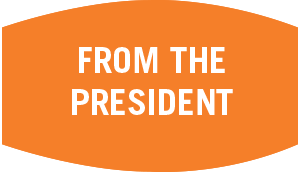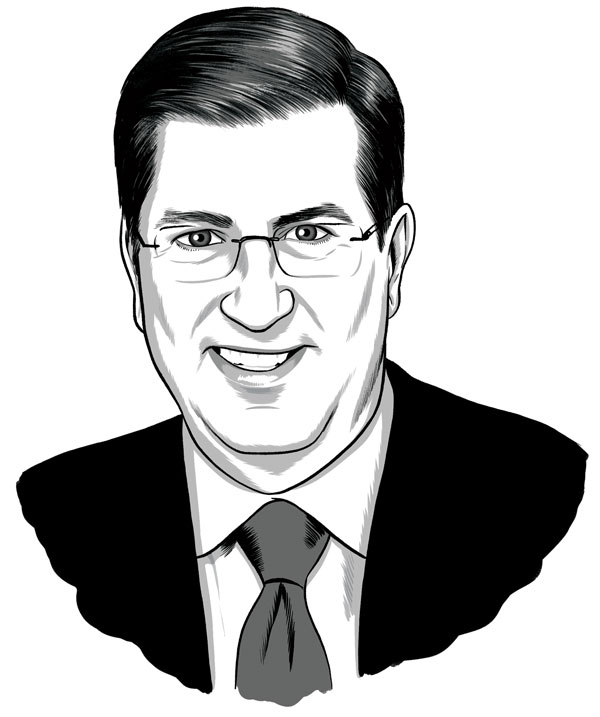

And now, as another deadly virus ravages the world, we anxiously await our era’s Salk to allay our fears. Now if only some of our citizens can overcome their hesitancy to accept the vaccine when it becomes available. Spurred on by the rhetoric of certain celebrities and anti-vaccine activists, many people fear preventatives are worse than the diseases themselves. As Nature, perhaps the leading science weekly in the world, reported in May, there are many false narratives being promulgated. They include: “coronaviruses will be used to implant microchips into people and […] a woman who took part in a UK vaccine trial died.”
We’ve seen other evidence of deep mistrust in science. Despite overwhelming evidence that climate change is accelerating due to human behavior, some people dispute the cause of melting ice caps and rising temperatures. We’re all imperiled by their disbelief.
I’ve spent my life in science, and I have faith in science, but I know that all of its findings are not perfect and immutable. Theories change and evolve over time. Hippocrates, known as the father of medicine, believed that the body was composed of four humors — black bile, yellow bile, blood and phlegm — that needed to be kept in balance to stave off disease, sometimes by drastic measures such as bloodletting. Leading scientists believed in humorism into the 19th century, when the germ theory of disease replaced it. This discovery changed our entire understanding of how diseases develop. And so, medical science adapted.
SEEKING TRUTH
I am certain that 50 or 100 years from now some of what is now widely accepted as scientific truth will be proven wrong, and that’s OK. That’s why we have education. At Bucknell, we are preparing our students for the unknown, the undiscovered — we teach them to seek out and find truth.
Teaching the skills of discernment and inquiry benefits all of our students, including our future medical practitioners. That’s why our pre-health requirements are broad and deep and steeped in the humanities. And that’s the reason that some of our most esteemed physician graduates chose Bucknell as the starting point of their careers in medicine.
Case in point is new Trustee Thomas Buchholz ’84. A philosophy major here, his early exploration of questions about “what life is all about” has helped immeasurably in his career as a radiation oncologist and now as medical director of Scripps MD Anderson Cancer Center.
Like Buchholz, Elizabeth Sandel ’71 sought intellectual exploration and truths beyond what she learned in the hard sciences. A religion major who had a strong interest in other cultures, Sandel is a pioneer in physical medicine and rehabilitation and brain injury medicine who recently published her first book, Shaken Brain. Her continued interest in philosophy and other liberal arts disciplines informs the new book she’s writing on disorders of consciousness.
Armed with powers of discernment, all of our graduates — biophilosophers or not — will, I believe, trust in the discoveries of this generation’s Salks — virologists who will beat back the coronavirus and bring our international nightmare to a close. I only hope the public has as much faith in the promise of their work as I, and so many members of our Bucknell community, do.

John C. Bravman
President